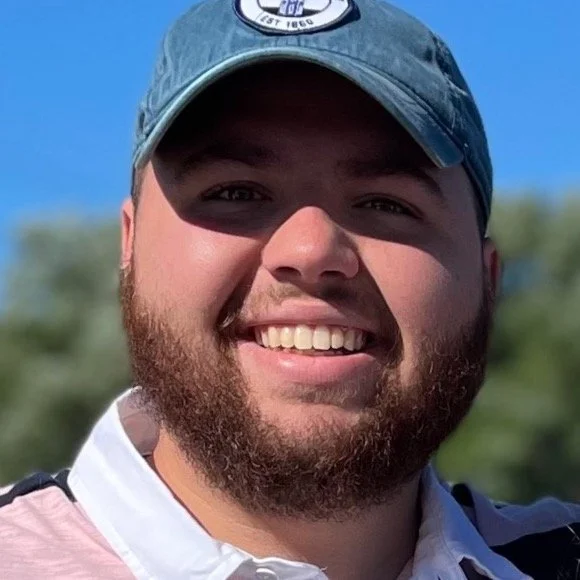Letter from the Wilderness
1. Introduction
Deconstruction, decolonization, dark night of the soul. Today, seemingly more than ever, Christians young and old are wrestling with their faith and the implications of their beliefs in the world. For some, this is a season that has come and gone. For others, it has meant exchanging the denomination that one grew up in. Yet for many, it marks the end of their faith altogether.
To those facing a similar season in their faith. I see your pain. I hear your cries for renewal. I too, am one of you.
For the past year and a half, I journeyed through a mixture of these seasons in what I have collectively called “the wilderness.” This article is meant not as a prescription or a map of the wilderness but rather a field guide of my own experience being invited by doubt, discovering the life of Jesus as my compass, and being strengthened by the well of an alternative orthodoxy.
2. The Invitation: Let Doubt Be Your Wrestling Partner
Like many, my invitation into the wilderness came from both within and without in the form of doubt. From within, I found myself doubting my beliefs about God and his promises over my life. And from without, I began to doubt that the church in America accurately reflected the kingdom.
For those who have never experienced doubt before, it can seem like a hurricane that seeks only to destroy the thoughts and beliefs that you hold dear. It is often portrayed as an illness, as an enemy, or as the opposite of faith.
Yet, as I looked at my life and the stories of doubters in Scripture (especially in the Psalms), I find that doubt is most often an invitation to wrestle with your beliefs, with yourself, and like Jacob, with God. Doubt often pushes us deeper into mystery and confounds the structures and systems we have built to explain the unexplainable. When we allow ourselves to honestly wrestle with it, doubt becomes the partner of faith as it cuts through the shortcuts we so often fabricate to get to God.
3. The Compass: Keep Jesus at the Center
During my time in the wilderness one of the most considerable challenges for me was the disconnect between the values of Jesus and the current state of the evangelical church in America. As I read Scripture, I saw Jesus identifying with the poor, oppressed, and foreign; while simultaneously witnessing my tradition stand with imperial forces against such people. The temptation that arises in witnessing this gap is to throw out or turn away from the whole of Christianity because of its broken witness. Yet, it was in this tension that I felt the invitation to live deeper into Christ’s story. Putting Jesus at the center, not the church, gave me a compass that began leading me through the wilderness. Just as Jesus and the prophets stood against broken systems to offer a message of critique and hope, my holy discontent was inviting me to do the same. Not to walk away, but to live the change I wanted to see, no matter the cost.
4. The Well: Embrace Alternative Orthodoxies
To live this change in the wilderness, I needed a well to sustain the journey, a living tradition that I could l could turn to as a guide for my understanding of the gospel to evolve.
I needed to embrace an alternative orthodoxy. This term might sound heretical to some, but to me, it’s the acknowledgment that the Christian tradition is as diverse and beautiful as it is old. While we stand together on the essentials, we are diverse in our interpretations of the details and our practical expressions of faith.
As someone who grew up and studied as an evangelical, much of my theology was handed to me by Martin Luther, John Wesley, and the evangelical movement. Yet like any tradition, some truths are emphasized more than others, and some are forgotten altogether. I needed the lenses of other streams of the Christian tradition to see more fully the breadth of what God was calling me into. Enter the contemplative Catholic tradition. My senior year of college, on a whim I decided to spend a week at a Catholic monastery to process through the beginning of my wilderness season. This experience opened my eyes to how my understanding of God and faith needed to be expanded to live what God was inviting me into. This trip also introduced me to several guides who would help lead me through the next year of wilderness.
The voices of Nouwen, Merton, Rohr, and Keating, taught me how to pray in a way that my tradition was simply not equipped to; and described how social change could originate from contemplation. The Catholics provided an alternative yet Orthodox space for me to learn, but, for others, alternative orthodoxy might be found in the wisdom of the Orthodox church, the passion of the charismatics, or the simplicity of the Anabaptists. These traditions, when lived together, are complementary yet often stand in a healthy critique of one another, ushering us into a simpler yet more expansive faith.
Blessed are those who know they are spiritually poor (Matthew 5:3)
_________________________________________
Dustin Sable is currently a houseparent at Josiah White’s Residential in Wabash Indiana and a recent graduate of Indiana Wesleyan’s Masters of Biblical and Theological studies program. In his spare time Dustin enjoys listening to podcasts, reading, drinking coffee, and pondering our place in the universe.

